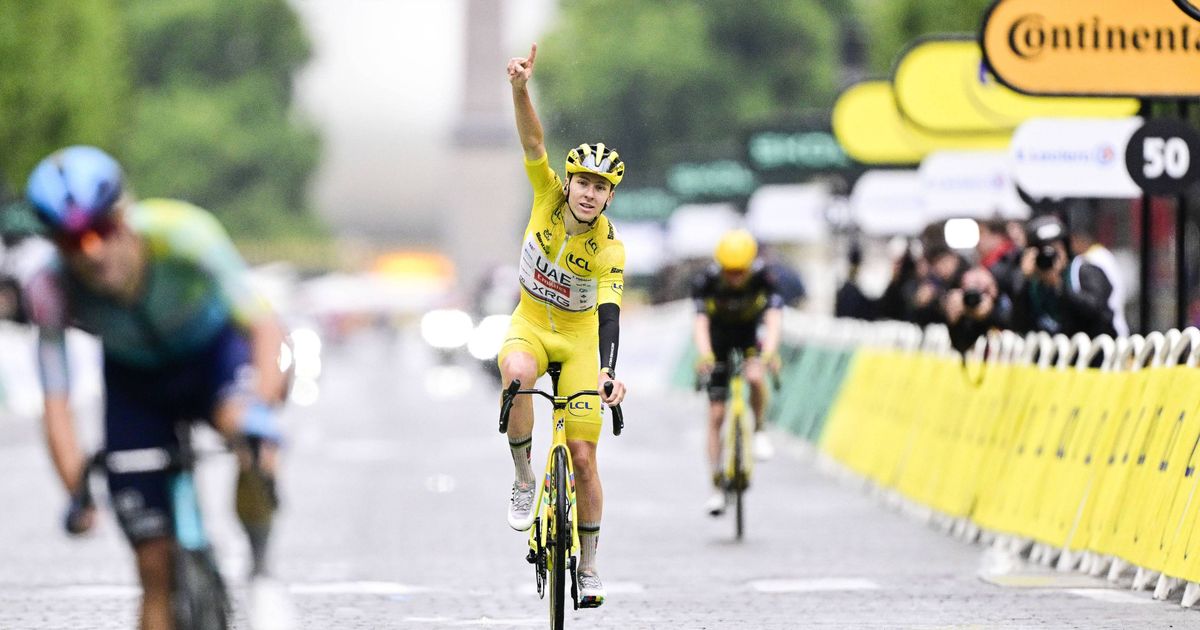He pointed to Pogacar’s solo superiority at key moments of 2025: “There was a race happening up front with this guy, cruising around and dominating.” While he called that “regrettable,” Saugrain stressed it must be kept in perspective. “We have a guy who dominates — we’re not going to say that isn’t a good thing. You have to find the positives.”
“We’re lucky cycling has changed” – but dominance still carries a cost
Interestingly, Saugrain is far from anti-Pogacar. In fact, he believes the sport is in a healthier place stylistically thanks to the new generation of attacking stars. He praised the shift away from the formulaic “control and protect the leader” racing that defined previous eras, arguing that modern aggressors — from Mathieu van der Poel to Tom Pidcock — have transformed race dynamics.
“We’re lucky to have an attacking cycling now,” he said, noting how riders are far more willing to detonate races earlier. Yet even within this more open, thrilling style, Pogacar’s supremacy remains something of an immovable object. Saugrain didn’t shy from the scale of what we are witnessing, calling the world champion “an inter-generational rider” and openly posing the question: is he already one of the greatest in history?
Wider concerns: structural issues beneath the spectacleBeyond individual dominance, Saugrain also touched on broader concerns about the direction of the sport. While he expressed no fear for the WorldTour — highlighting that the biggest teams, including UAE Team Emirates – XRG, operate on unshakeable budgets — he admitted deep worry for the amateur and development tiers.
“The real problem is at the base,” he warned, pointing to shrinking budgets, structural instability and a generation of young riders convinced that if they are not professional at 19, their careers are finished.
Saugrain also added weight to the ongoing debate over television rights and revenue distribution. Though he rejected the idea of putting organisers “under pressure,” he argued that if new income streams do exist, they should cascade down to smaller structures and the amateur scene where, he believes, “the needs are real.”

